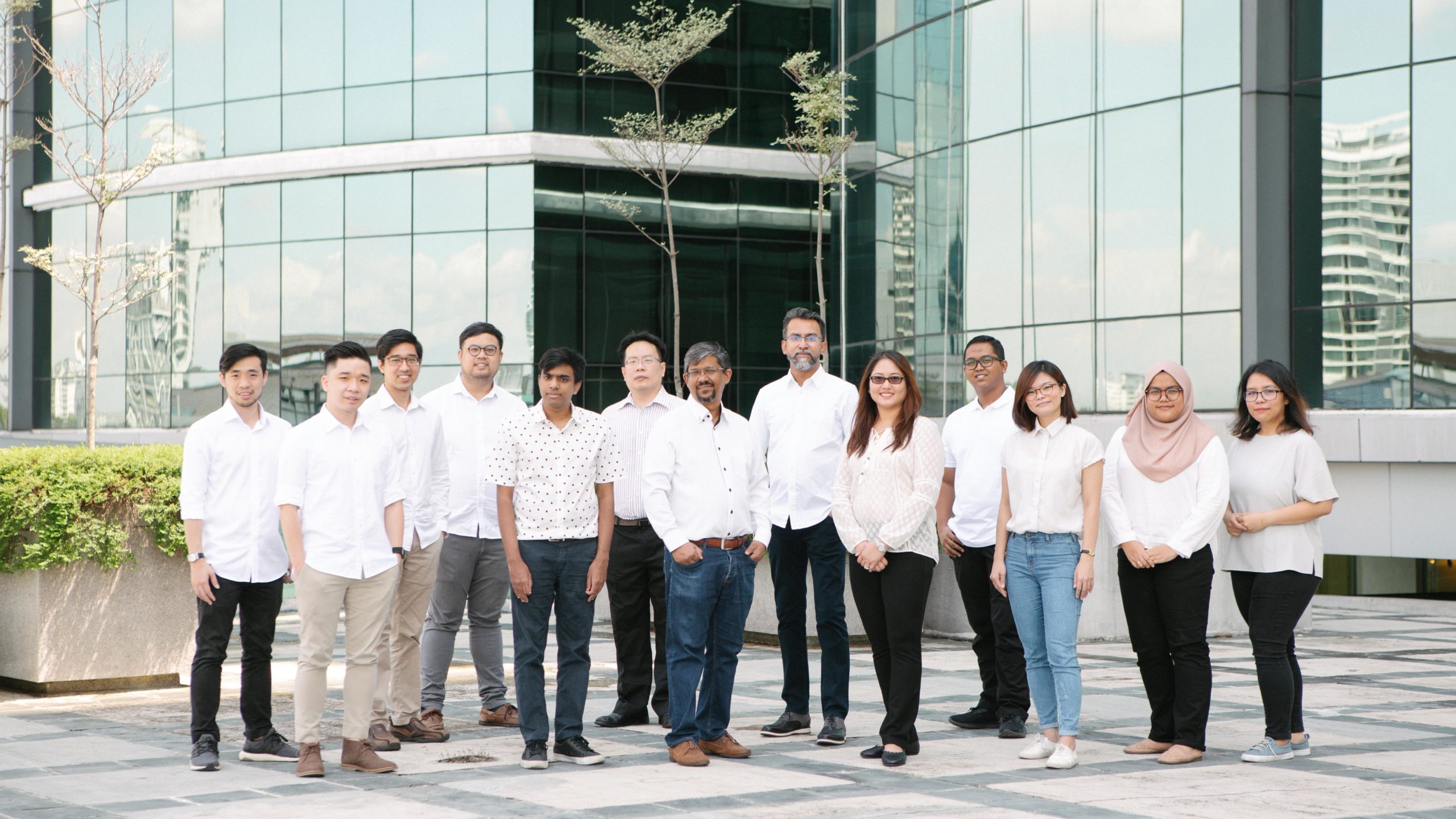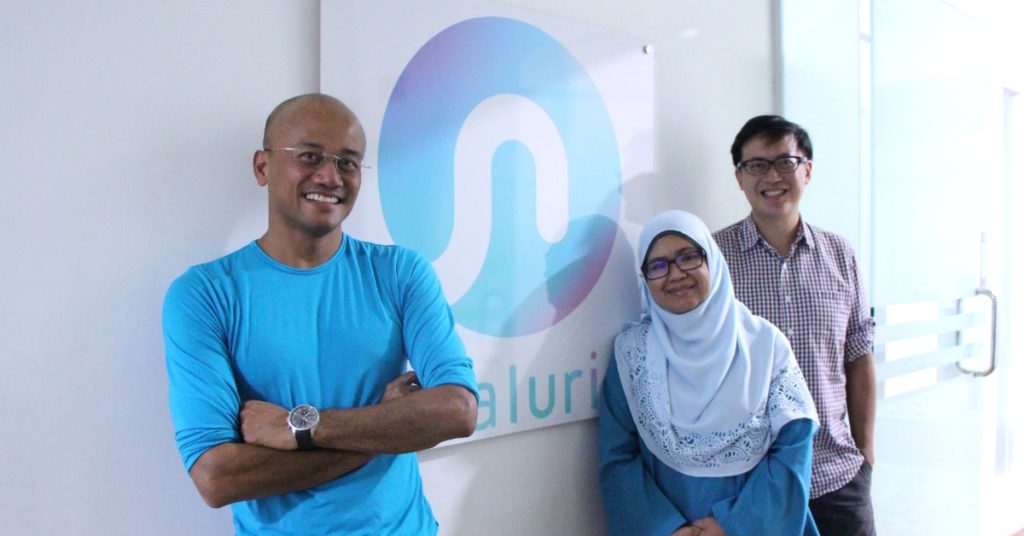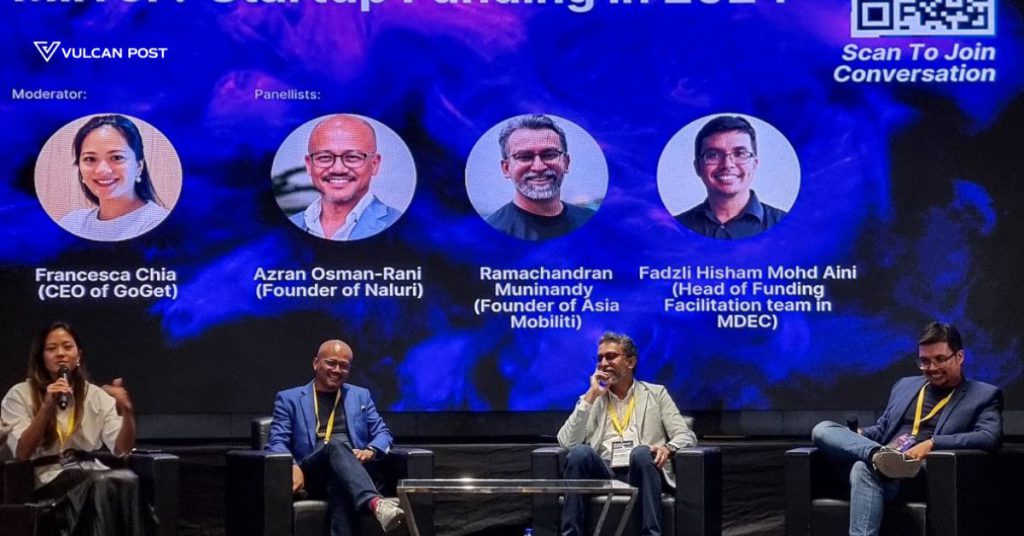The sentiment of a funding winter has been pervasive, particularly when seeking capital from traditional venture capitalists (VCs) in the landscape of Malaysian startups.
For those who haven’t heard of the term funding winter, it is a challenging environment characterised by reduced venture capital investments, stricter due diligence processes, and heightened risk aversion among investors.
However, a panel discussion at the DisruptInvest Summit 2024 yesterday revealed that the real problem might not be a scarcity of funds, but rather a misdirection in the search for them.
Hence, here’s how startups and investors can work together to build an effective funding ecosystem, according to industry players.
Disrupting the conventional funding approach
The panel’s consensus was clear: traditional VCs are facing their own set of challenges, leading to a perceived funding winter. This has left many startups struggling to secure the necessary capital.
Asia Mobiliti founder Ramachandran Muninandy emphasised the importance of not relying solely on these traditional avenues.
“What we did was not look at the conventional places of funding, which is in line with the summit’s theme of disrupting investment. We decided to avoid traditional VCs because that’s where the winter was. Instead, we sought out unconventional investors who were not influenced by the same signals that caused the VC winter,” he said.
This strategic pivot led to a fruitful outcome, with his startup raising funds in 2020 and 2022, even amid the pandemic.
“We raised money amid the pandemic, closing our seed II and pre-series A rounds in those years. Now, for our A round, we have unconventional investors lined up. While traditional VCs are experiencing winter, we found a whole untapped area of non-VC investors ready to deploy capital,” he shared during the panel discussion.

Ramachandran also shared that unconventional investors include family offices, high-net-worth individuals, private equity firms entering earlier stages, and strategic publicly listed companies.
These investors often have different motivations and criteria for investment, providing startups with opportunities outside the traditional VC constraints.
By tapping into these sources, startups can avoid the pitfalls of trying to fit into a mould that doesn’t align with their long-term goals or market realities.
Rethinking the investor-startup relationship
The panel also highlighted the importance of being selective with investors and the value of existing investor relationships during tough times.
One key issue raised was the mismatch between the goals of local startups and the expectations of some investors.
“A lot of problems arose when startups took money from investors who wanted them to mimic US companies, which sometimes killed off the startups or forced them to relocate.”
“We need to change the investor landscape in Malaysia. The startups are ready, but a lot of the startups are listening to a playbook that does not work anymore. We need to rewrite the playbook,” said Ramachandran.
Local VCs need to develop the courage and insight that match the resilience and vision of Malaysian startup founders. This involves moving away from applying foreign investment mantras that do not fit the Malaysian context and focusing on building enduring businesses.
Leveraging existing relationships
Azran Osman-Rani, founder of Naluri, suggested that startups should seek investors who understand the local context and are committed to building sustainable, long-lasting businesses, not just chasing quick exits.

“So, it’s all about picking the right investors who back you through thick and thin, up and down. There are so many investors out there. Good times, oh, they want. But in tough times, they’re the first to say, sorry,” he said.
Finding new investors can be challenging, especially in a risk-averse climate. “In tough times, doubling down with existing investors who truly understand and support your vision is crucial,” said Azran, underscoring the need for startups to cultivate deep, trusting relationships with their investors.
Personalising the investment approach
Ramachandran added that personalising the investment approach could address some of the ecosystem’s issues.
“Not all startups are the same, not all businesses are the same, but yet somehow we paint everybody with a broad brush. If you’re a founder, therefore, you are so and so. That’s not true. We three are founders here, and we have our own ways of leading people and running our businesses, but the ecosystem would see us as the same,” said Ramachandran.
In Malaysia, there’s no reason why VCs shouldn’t know the local founders and their individual styles. The same goes for VCs—not all are alike, and it’s important to identify their unique qualities beyond solely their capital.
He believed that the ecosystem could and should start personalising and classifying both startups and investors right now to better match their unique characteristics.
Addressing the mid-stage funding gap
The discussion also highlighted a significant gap in the mid-stage funding ecosystem in Malaysia.
While early seed stages and large-scale ventures like Carsome and Aerodyne have robust support, mid-stage startups often struggle.
“This is also the stage where the number one reason I get slapped in the face by 90% of investors is that we are not ‘VIP’. We are not Vietnam, Indonesia, or the Philippines. We don’t have a big enough addressable market that would attract international investors who are looking to put those US$5 or US$10 million checks on us.”
“So we, therefore, need to expand internationally in a way at a much riskier earlier stage than our fellow funders in Indonesia, Vietnam, or the Philippines. So, that’s a really big issue,” said Azran.
He addressed the need to bridge this gap to ensure startups have a seamless growth trajectory, preventing premature international expansion or stagnation.
By shifting focus from traditional VCs to a broader array of unconventional investors, and by fostering a more mature and personalised investment ecosystem, Malaysian startups can overcome the so-called funding winter and thrive. It’s time to rewrite the playbook and usher in a new era of growth and innovation.
- Learn more about the DisruptInvest Summit here.
- Read other articles we’ve written about Malaysian startups here.
Featured Image Credit: Vulcan Post











